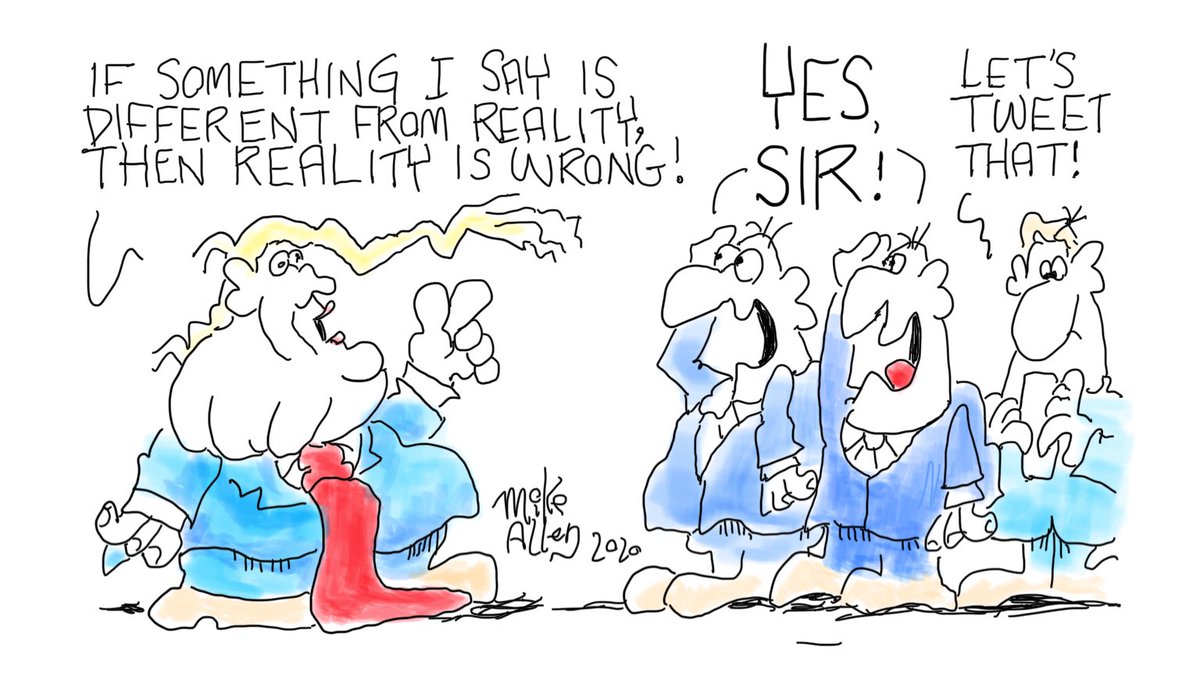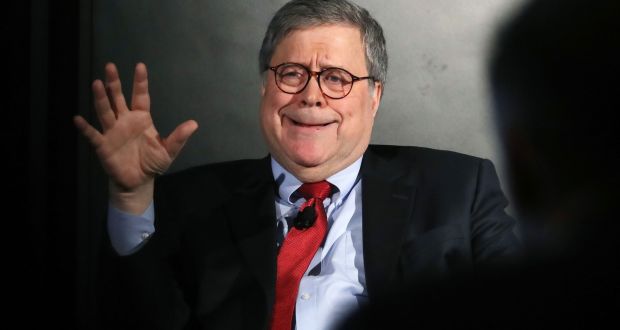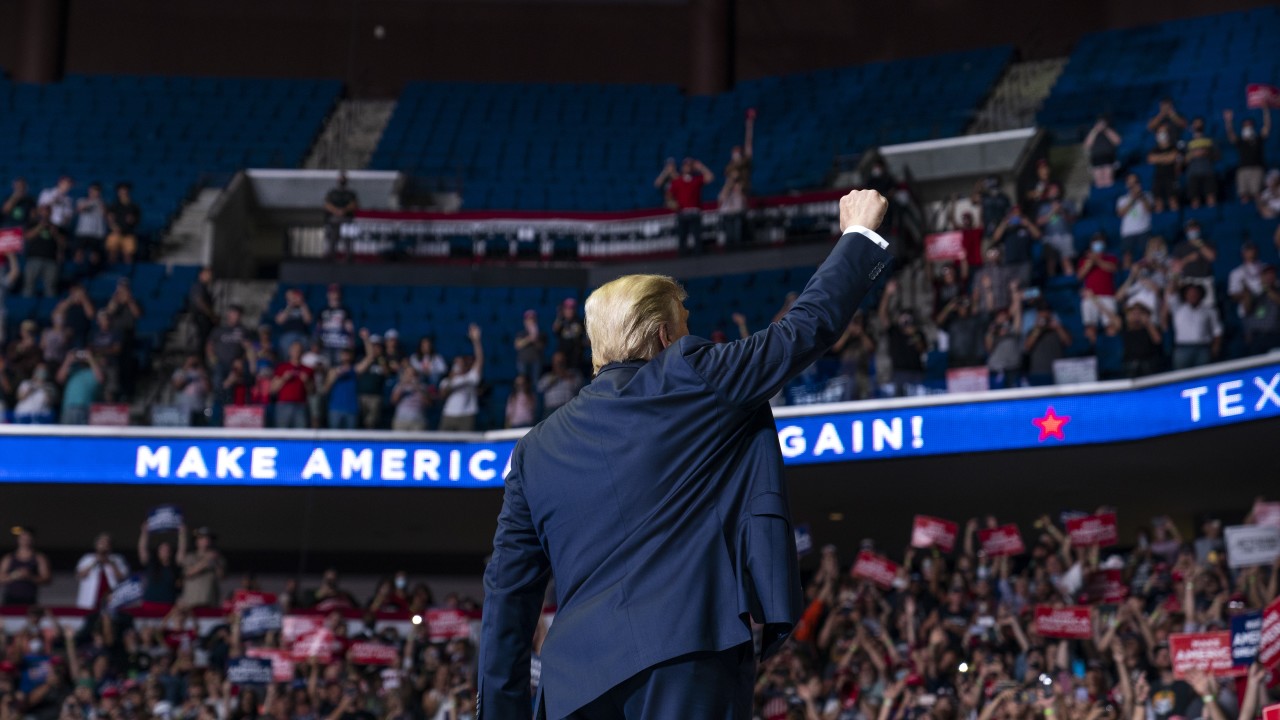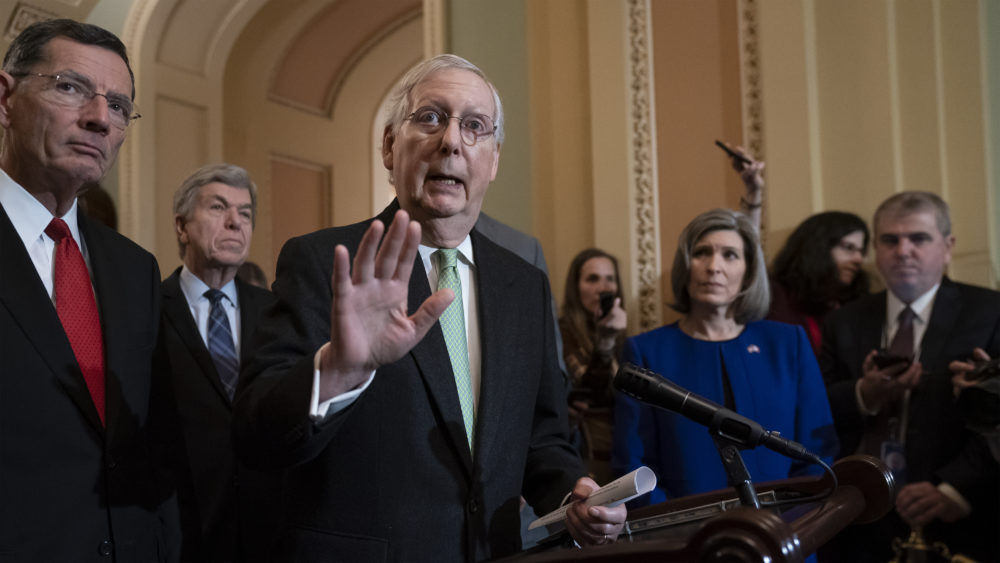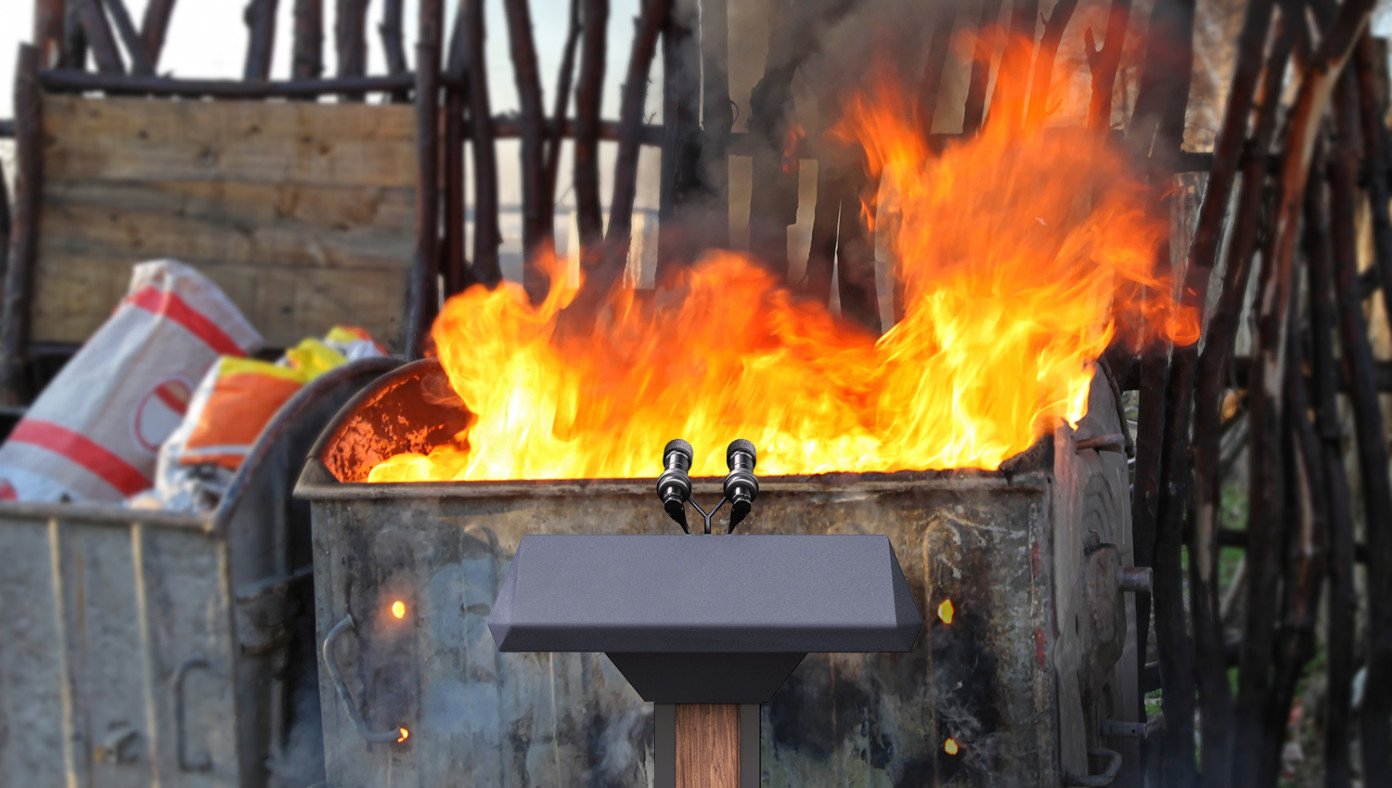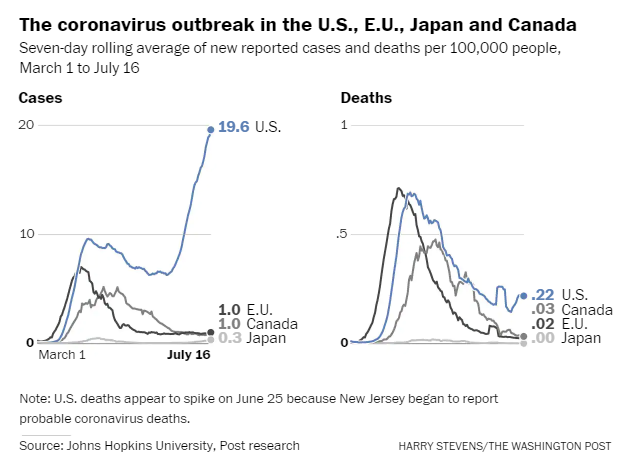The Creature tweeted today:
…Your housing prices will go up based on the market, and crime will go down. I have rescinded the Obama-Biden AFFH Rule. Enjoy!
— Donald J. Trump (@realDonaldTrump) July 29, 2020
AFFH is the 2015 Affirmatively Further Fair Housing rule, which President Obama implemented to fight housing discrimination.
The rule required local governments receiving federal housing funds to create plans that would combat housing discrimination, which advocates said helped strengthen the 1968 Fair Housing Act, it says here. The rule “required local governments to prove that federal subsidies for housing projects would not go to developments with zoning laws or other regulations that are effectively discriminatory to minorities, particularly Black and Hispanic Americans,” it says here.
So AFFH not really about building low-income housing in suburbs, but whatever. The Creature probably thinks this will help him win back the suburban vote he has seriously been losing. Keep the lily whiteness in those lily white suburbs! And it would have worked for him in the 1970s. Whether it will move any needles now seems farfetched to me.
Trump is replacng AFFH with what he calls “opportunity zones,” which provides discounts on capital gains taxes for investors sending money into one of over 8,000 designated areas, it says here.
According to the New York Times, Trump’s opportunity zones were enacted as part of his signature tax cuts in 2017. The Times reported in November 2019 that while some money went to more depressed areas in Pennsylvania and Alabama, the lion’s share has appeared in rapidly-gentrifying cities like Atlanta, Houston and Miami.
And let us not forget …
In 1973, the Justice Department filed a civil rights case against Trump’s company, accusing him of violating the Fair Housing Act by not renting to Black tenants. The case was settled in 1975, with Trump signing an agreement that his company would not discriminate against future tenants or homebuyers, as well as place ads informing minorities of their rights to obtain housing at his properties. At the time, Trump said the settlement did not mean he admitted to any wrongdoing, while the DOJ celebrated it as “one of the most far-reaching” agreements it had negotiated.
Big Daddy Fred Trump made most of his fortune by building shoddy housing with federal subsidies and cheating on his taxes.
Anyway, it appears that a program intended primarily to discourage housing discrimination has been gutted and replaced with one that funnels money to places that don’t need it. Grand.
Here’s another outrage — A small federal agency focused on preventing industrial disasters is on life support. Trump wants it gone. The Chemical Safety and Hazard Investigation Board is without enough voting members, and its investigations are stuck in limbo.
That agency, the Chemical Safety and Hazard Investigation Board, investigates accidents and makes recommendations — but it doesn’t regulate the industry. Since 1998, it has looked into some of the nation’s biggest industrial disasters, including the 2010 Deepwater Horizon blowout, which killed 11 workers and dumped an estimated 4 million barrels of oil into the Gulf of Mexico; and the 2005 explosion at the BP refinery in Texas City, Texas, that killed 15 workers and injured 180. The board’s work has led to changes in industry practices from Texas to Kansas and laws in states from Mississippi to Connecticut.
It’s likely, however, that when the investigation into the AB Specialty Silicones explosion wraps up, the board will not be able to meet the quorum needed to vet and approve investigators’ findings and recommendations. Since May 2, it has been operating with only one voting member out of a possible five — one vote short of a quorum. It’s been effectively disabled.
The White House hasn’t announced plans to fill the board’s four vacant seats. In fact, President Donald Trump has been trying to do the opposite, pushing to eliminate the board in each of his annual budget proposals — though he hasn’t persuaded Congress to defund it.
Trump has been rolling back workplace safety rules for the past three years. As the daughter and granddaughter of mine workers, this is chilling to me. I’m sure he’s got it in his head that killing regulations is good for business, but in the long run it really isn’t. And he’s getting people killed. See Workplace Fatalities Rising Under Trump OSHA as Enforcement Declines.
Trump hates regulations so much that he’s been cutting regulations that industries don’t want cut. This is from a year ago:
In the latest instance, the Environmental Protection Agency unveiled a proposal Thursday to eliminate mandates paring methane leaks from oil wells — despite major oil companies insisting they don’t want the relief.
Similarly, automakers and the nation’s top business lobbying group are begging the White House to alter course in its plans to weaken fuel efficiency standards and pick a fight with California. And power-plant operators say an administration effort to undermine requirements for mercury pollution controls may keep them from recouping the cost of that equipment.
The willingness to defy traditional business interests extends beyond environmental regulation. Most notably, Trump has escalated a trade conflict with China, even as manufacturers and retailers complain it will increase costs and retard growth in the U.S. And some of Trump’s efforts to change immigration policy have been condemned by chief executives from Apple Inc., AT&T Inc., Coca-Cola Co., and dozens of other businesses who say they could disrupt their operations.
Trump’s zeal to deregulate — even when the regulated industries advise against it — runs counter to the pro-business ethos of previous Republican presidents, whose policies may have been more aligned with commercial priorities. Yet the approach underscores Trump’s populist streak and is another reminder this “is not a typical Republican administration,” said GOP energy strategist Mike McKenna.
“What many fail to grasp — and what may be the most important characteristic of this administration — is that it is largely indifferent to arguments driven solely by commercial interests,” McKenna said. “They believe that consumers, workers, citizens are the most important reference points in decisions.”
None of this is helping consumers and workers, either.
Also, too: Trump’s crackdown sputters as ‘phased withdrawal’ from Portland begins.
